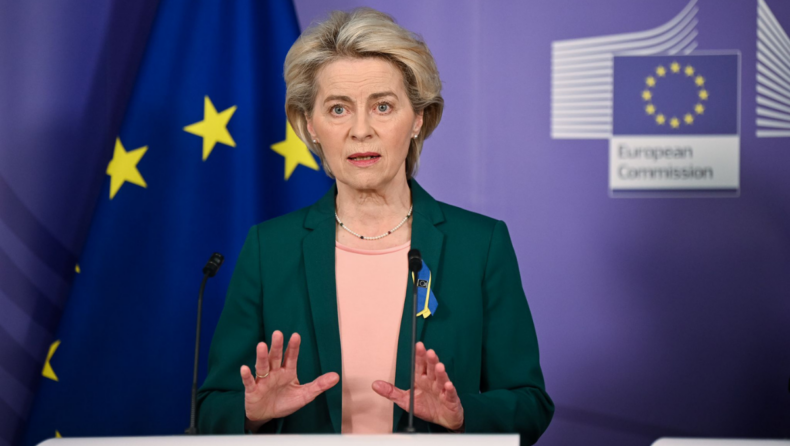The European Union has imposed sweeping sanctions on Russia following the Bucha Massacre in which Europe plans on banning coal imports from Russia.
The European Union plans to impose deeper sanctions against Russia on Tuesday. The bans include a refusal to accept coal supply from Russia. Further, the EU has also suspended ongoing trade worth 20 billion euros ($22 billion). The sanctions follow the possible war crimes committed by the Russian forces.
All 27 EU countries must sign a list of sanctions against Russia in order to ban Russian imports from European nations. Furthermore, the nations might adopt the list of sanctions by this week.
Sanctions to be imposed against Moscow
The EU’s first measure against Russia is a restriction on some Russian imports. Coal, wood, cement, liquor, and seafood from Russia will all be banned in the EU.
The annual value of these imports is about 9.5 billion euros ($10.4 billion). According to the reports, the sanctions would also affect the caviar, vodka, rubber, and chemical industries.
Coal alone is worth around 4 billion euros per year. Last year, the EU bought 100 billion euros’ worth of Russian oil and gas. Furthermore, the EU intends to prohibit oil imports in the near future.
The European Union also plans to ban exports to Russia worth 10 billion euros per year. The EU nations plan to restrict the exports of advanced semiconductors, quantum computers, and other electrical and transport equipment.
Additionally, the EU will prohibit the export of liquefied natural gas (LNG) technology.
https://twitter.com/vonderleyen/status/1511323509041115136?s=20&t=4brOhy0G9ttgv4l0VIu76g
Moreover, Russian vessels and trucks will also be prohibited from accessing the European Union. However, food, energy products, and medicines won’t be counted in the prohibition. For example, LNG cargoes from Russia can access the EU nations.
According to the experts, imposing these sanctions will be difficult to manage. It is not easy to identify the origin of the cargo ship. Further, the restrictions will affect the road and sea transport of goods. The European Union has already banned air traffic from Russia.
Banning Russian entities
Since the Russian invasion of Ukraine, the West and EU nations have imposed sweeping sanctions on Russian banks, entities, and companies. The new sanctions restrict transactions by the Russian VTB bank and three other Russian banks. All these banks are already exempt from the SWIFT messaging system.
The EU nations plan to add 36 more individuals, including oligarchs and politicians, to the EU sanctions list. This will also include separatist leaders.
Published By: Manan Khurana
Edited by: Subbuthai Padma













